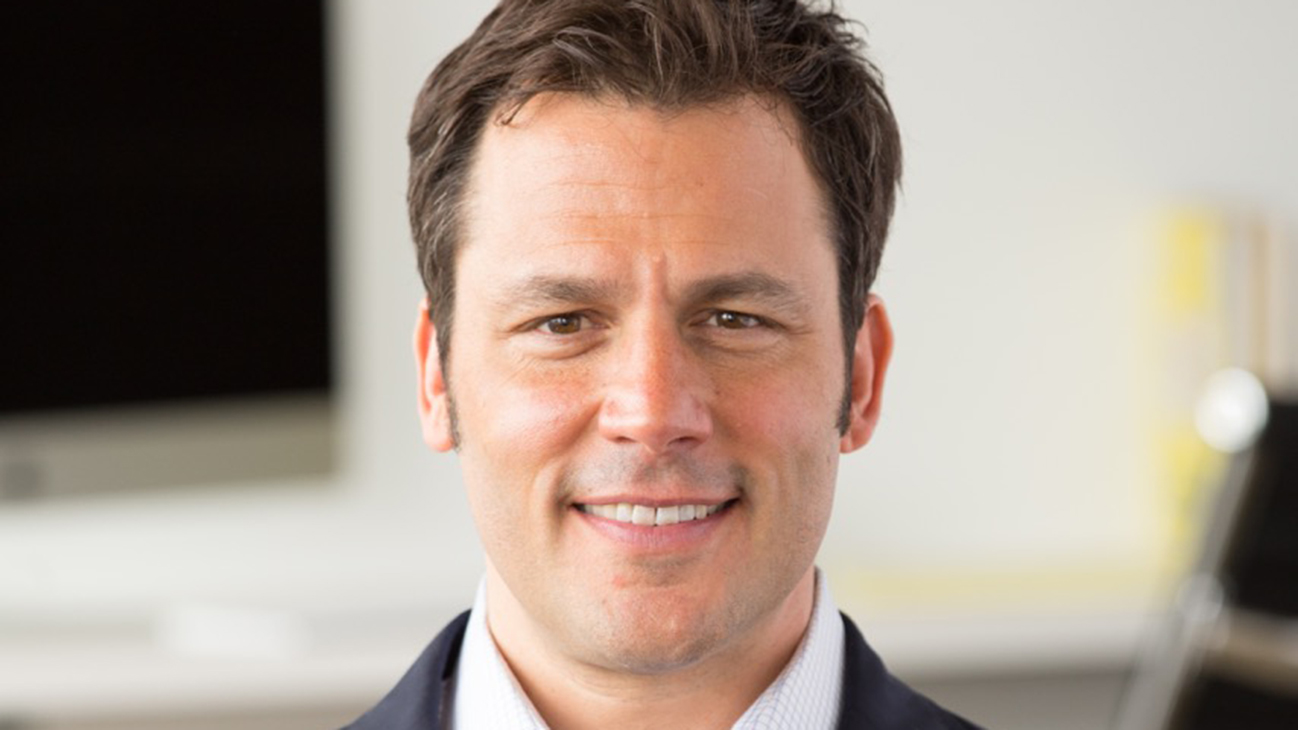Ryan Estis challenges conventional thinking on corporate culture, communication, client acquisition, brand ambassadorship and change. Recently recognized as “one of the best keynote speakers ever heard” by Meetings & Conventions magazine alongside Tony Robbins, Bill Gates, Al Gore, and Marcus Buckingham, Ryan helps companies, leaders, and sellers more effectively connect to their two most important audiences: employees and customers. Guiding audiences through the realities of the new economy, Ryan blends interaction, energy, and actionable content to transform and elevate your business outcomes. He explains why “salespeople want to get out of sales” below:
Halfway through our first cup of coffee, we cut to the chase. She’d asked to meet for a specific reason.
“I’m going to change careers and I want your advice. I want to get out of sales completely.”
She caught me off guard. I understood changing companies. After all, 43 percent of salespeople are actively looking for a new job right now. That wasn’t big news. But, wanting to get out of sales completely? I couldn’t get my mind around it. This was this coming from one of the best sales professionals I knew.
She went on to explain the current abysmal state of affairs inside her organization. They were losing market share, facing new, disruptive competition and struggling to keep up with a massive shift in customer expectations. The organization was aggressively removing “cost” from the business — which meant not investing in the future and not responding to reality fast enough. She was starting to succumb to a very challenging, uncertain situation.
The unfortunate outcome was her shaken self-confidence. She was going to miss her performance target for the first time ever. Her conclusion? Maybe she just wasn’t cut out for the future of professional selling.
She was wrong. I let her know it.
“This has nothing to do with you. The organization and leadership are failing you. You aren’t failing. They aren’t putting you in a position to compete and win. You don’t have the leadership, strategy or resources you need. That isn’t on you. This has nothing to do with your ability to sell and everything to do with what and where you are selling.”
Selling is a game of confidence. Producers need to believe they can win.
She eventually opted to change companies but stay in the game. Good call. She is crushing it today. Her story is a common one I see playing out inside many sales organizations. After studying the relationship between engagement and sales performance for the last couple of years, we learned something pretty startling:
SALESPEOPLE WANT TO GET OUT OF SALES.
More than 80 percent of salespeople would consider leaving sales altogether if they could make the same amount of money in another role. That sentiment eventually has an impact on performance.
According to an August 2016 survey by Aon, Anaplan and The Sales Management Association, just 60 percent of front-line sellers hit their goal in the last full fiscal year.
Here are a few more stats you might find surprising:
SALESPEOPLE ARE MORE ENGAGED THAN NON-SALES EMPLOYEES.
17% of salespeople are fully engaged. 46% are disengaged or under-engaged.
13% of non-sales employees are fully engaged. 57% are disengaged or under-engaged.
BUT, SALESPEOPLE ARE ALSO MORE LIKELY TO LEAVE.
43% of salespeople are actively looking for a new job, compared to just 26% of non-sales employees.
THERE ARE EIGHT KEY DRIVERS OF ENGAGEMENT. ENGAGED EMPLOYEES SAY:

FOR SALESPEOPLE, MONEY ALSO MATTERS.
When salespeople are compensated based on their performance (through commissions or bonuses), they are much more engaged.
63% of commission-based salespeople are fully or moderately engaged, versus 43% of noncommission salespeople.
TRAINING HAS A DIRECT EFFECT ON ENGAGEMENT.
Salespeople who receive the training they need to do their job well are 10 times more likely to be fully engaged.
In 2020, the sales organizations that win will be the ones that are the most prepared.
HERE ARE FIVE WAYS TO PREPARE YOUR TEAM TO WIN IN 2020.
1. Go first. Before you ask your team to commit to performance goals, tell them what they can expect from you. Get specific! Tell them what you’ll do to help them meet their goals. Set high expectations for yourself and deliver on your promises consistently.
2. Promote continuous learning. Build a culture of continuing education. Assign teaching topics that challenge reps to stretch and grow. Share case studies from outside the organization. Champion mentoring and encourage self-development.
3. Leverage the power of storytelling. Include customer case studies in every sales meeting. Focus on customer outcomes and reinforce your compelling value proposition and opportunity to create customer success. Find ways to share customer testimonials (through customer panels, Q&As or recorded customer interviews). Elevate belief and commitment by encouraging everyone to own these success stories.
4. Check in. Provide feedback and have future-directed conversations every 30 days. Annual performance reviews are dead. Today’s top producer requires a more consistent feedback loop and expects the opportunity to contribute thinking and feedback to help the business improve. Leaders are listeners. Master the art of effective, two-way communication.
5. Drive performance. Maintain an obsessive focus on performance targets and customer outcomes. Constantly recruit and develop the best sales talent. Remove barriers and provide the resources and coaching that reps need to compete and win. Create an environment of clearly defined expectations and accountability. Continue to adapt and make forward progress as market conditions and customers evolve.

